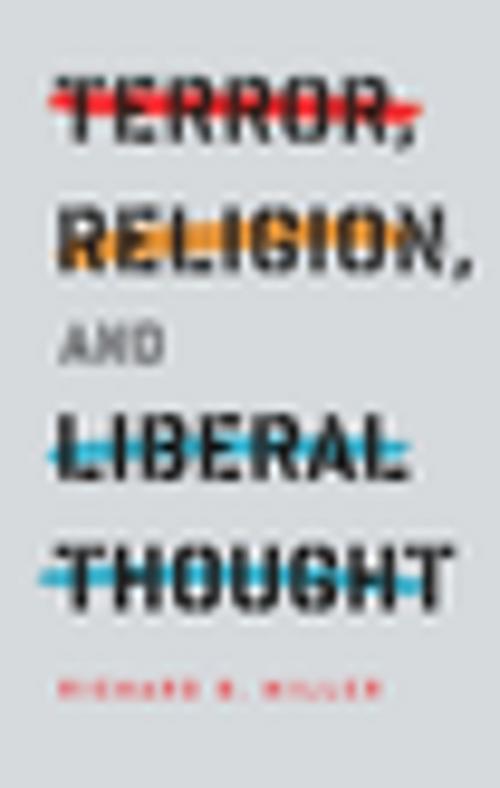Terror, Religion, and Liberal Thought
Nonfiction, Religion & Spirituality, Philosophy, Political, Ethics & Moral Philosophy| Author: | Richard Miller | ISBN: | 9780231521864 |
| Publisher: | Columbia University Press | Publication: | September 23, 2010 |
| Imprint: | Columbia University Press | Language: | English |
| Author: | Richard Miller |
| ISBN: | 9780231521864 |
| Publisher: | Columbia University Press |
| Publication: | September 23, 2010 |
| Imprint: | Columbia University Press |
| Language: | English |
Religious violence may trigger feelings of repulsion and indignation, especially in a society that encourages toleration and respect, but rejection contradicts the principles of inclusion that define a democracy and its core moral values. How can we think ethically about religious violence and terrorism, especially in the wake of such atrocities as 9/11?
Known for his skillful interrogation of ethical issues as they pertain to religion, politics, and culture, Richard B. Miller returns to the basic tenets of liberalism to divine an ethical response to religious extremism. He questions how we should think about the claims and aspirations of political religions, especially when they conflict so deeply with liberal norms and practices, and he suggests how liberal critics can speak confidently in ways that respect cultural and religious difference.
Miller explores other concerns within these investigations as well, such as the protection of human rights and a liberal democratic commitment to multicultural politics. In relating religion and ethics, he develops a new lens for viewing political religions and their moral responsibilities. This probing inquiry also forces us to rethink our response to 9/11.
Religious violence may trigger feelings of repulsion and indignation, especially in a society that encourages toleration and respect, but rejection contradicts the principles of inclusion that define a democracy and its core moral values. How can we think ethically about religious violence and terrorism, especially in the wake of such atrocities as 9/11?
Known for his skillful interrogation of ethical issues as they pertain to religion, politics, and culture, Richard B. Miller returns to the basic tenets of liberalism to divine an ethical response to religious extremism. He questions how we should think about the claims and aspirations of political religions, especially when they conflict so deeply with liberal norms and practices, and he suggests how liberal critics can speak confidently in ways that respect cultural and religious difference.
Miller explores other concerns within these investigations as well, such as the protection of human rights and a liberal democratic commitment to multicultural politics. In relating religion and ethics, he develops a new lens for viewing political religions and their moral responsibilities. This probing inquiry also forces us to rethink our response to 9/11.















